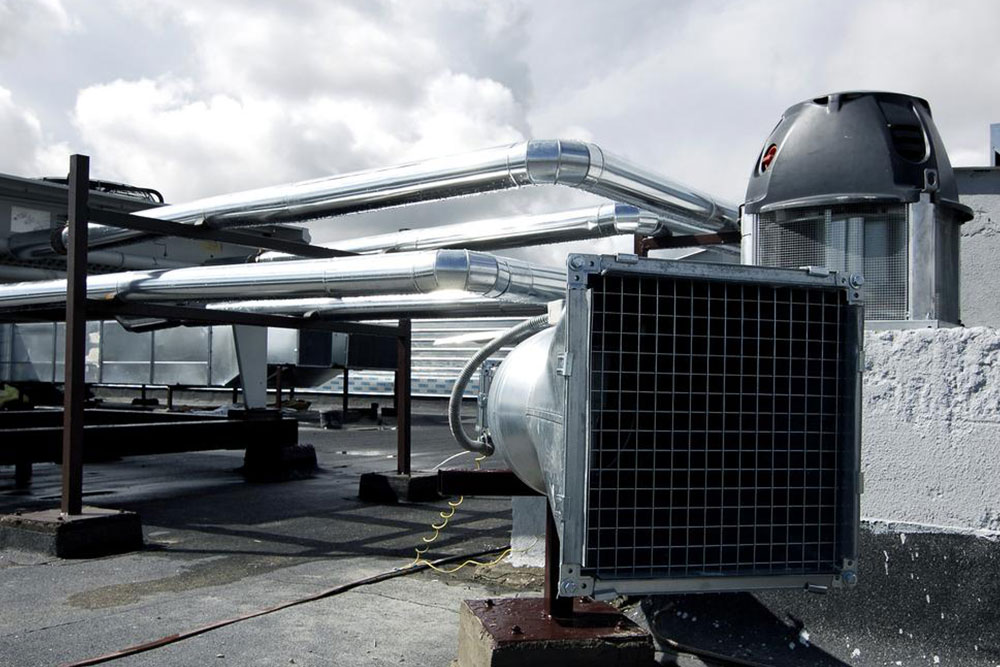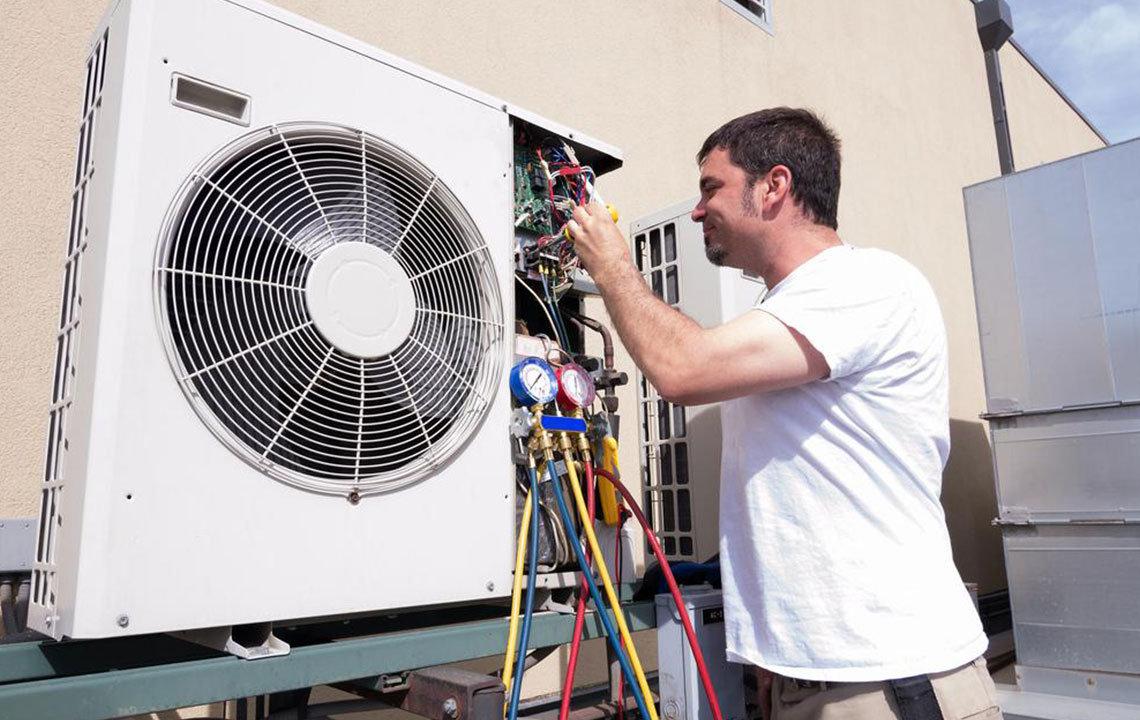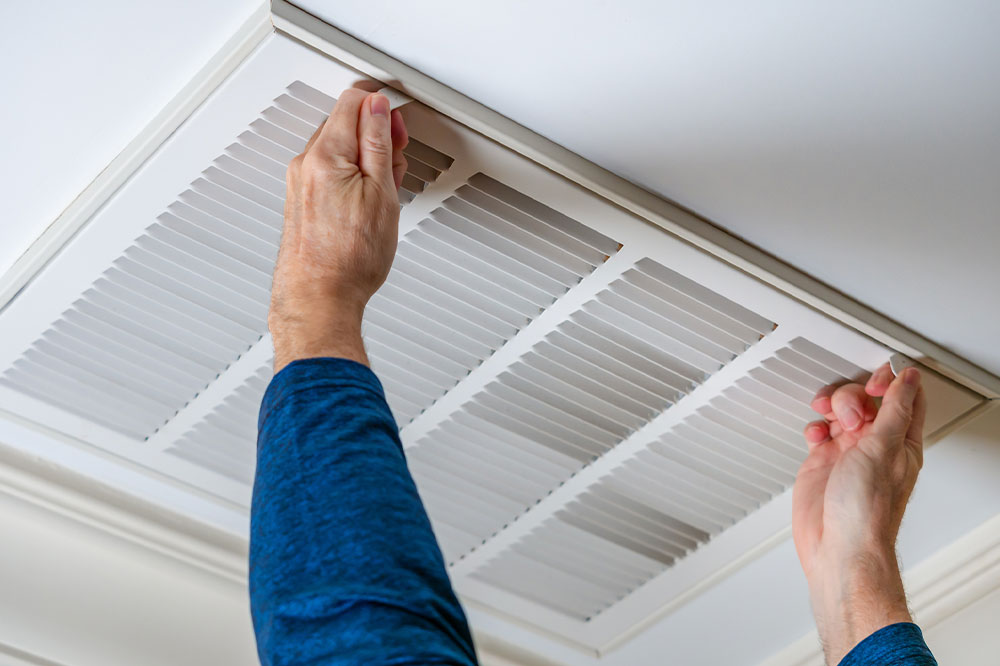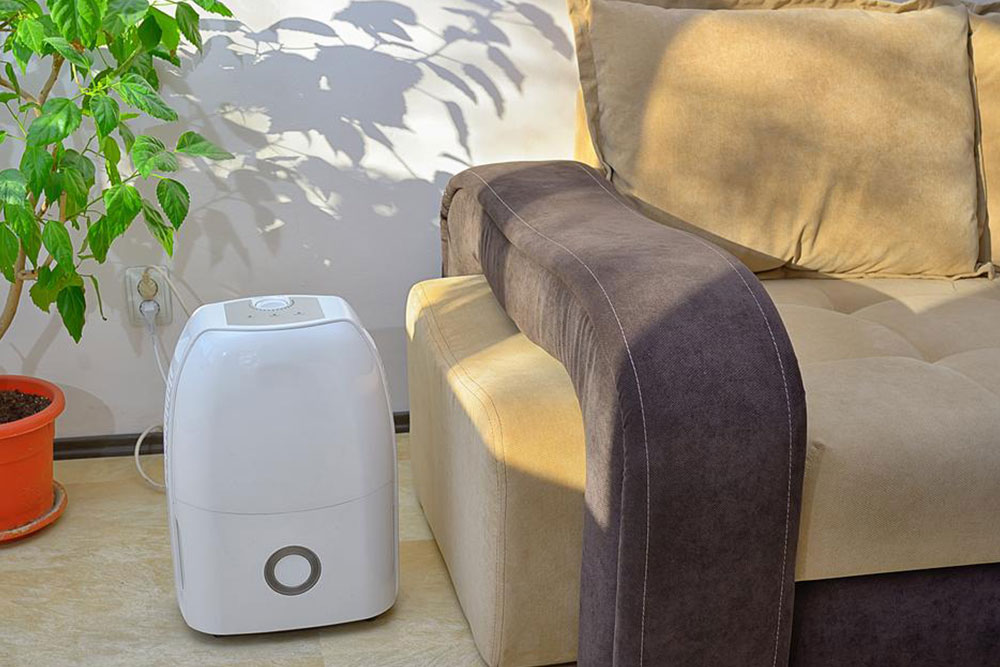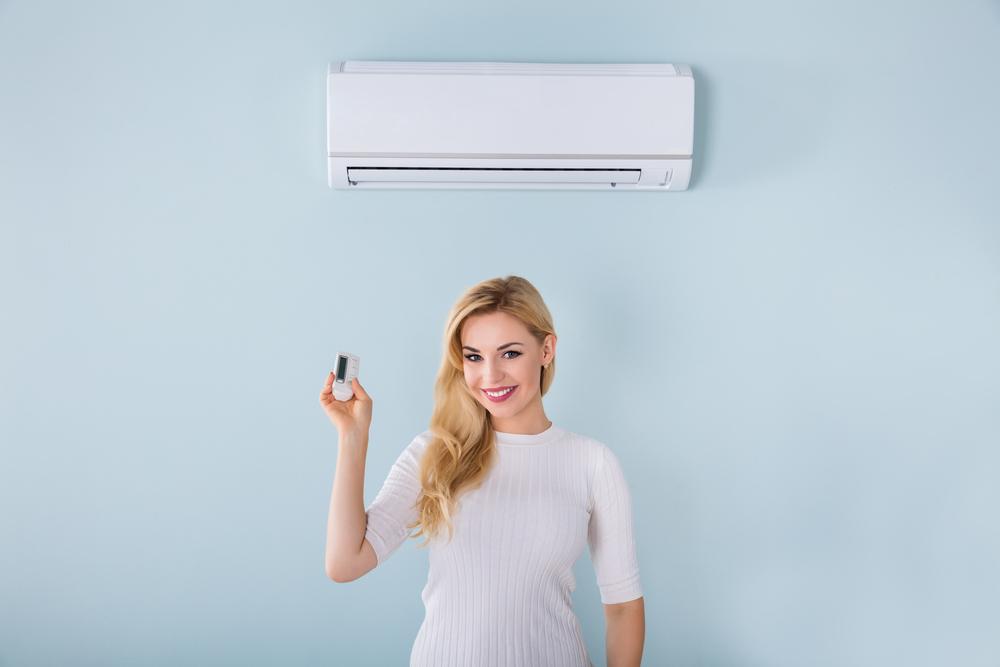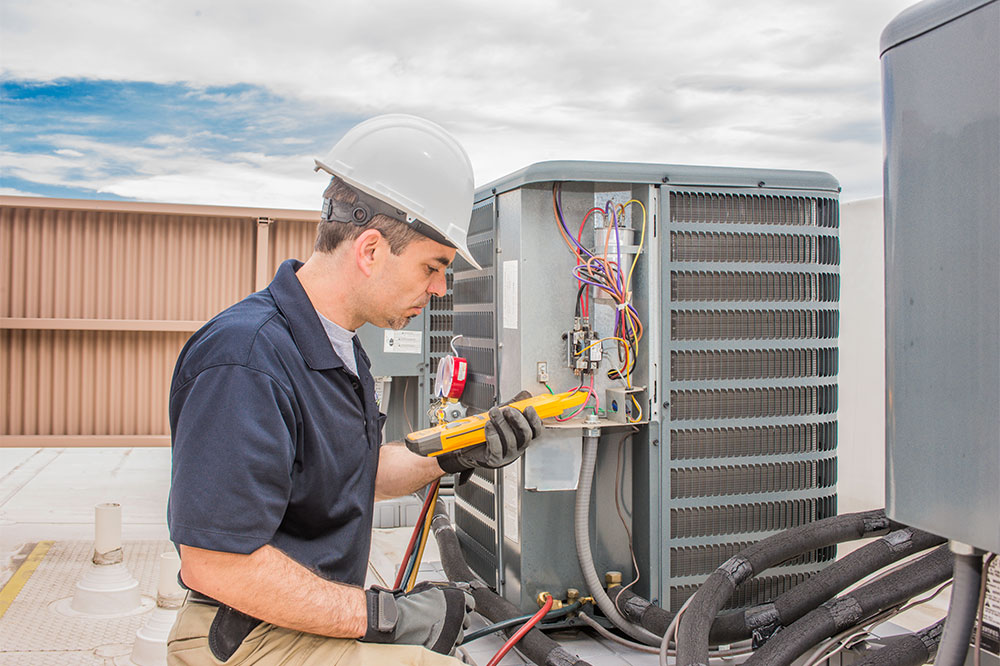The Vital Importance of Regular HVAC Air Filter Replacement for Optimal Indoor Air Quality
Regular replacement of HVAC air filters is essential for maintaining indoor air quality, enhancing system efficiency, and extending the lifespan of your heating and cooling units. This article offers comprehensive insights into choosing the right filters, optimal replacement schedules, and maintenance tips to ensure a healthier, more energy-efficient home environment.
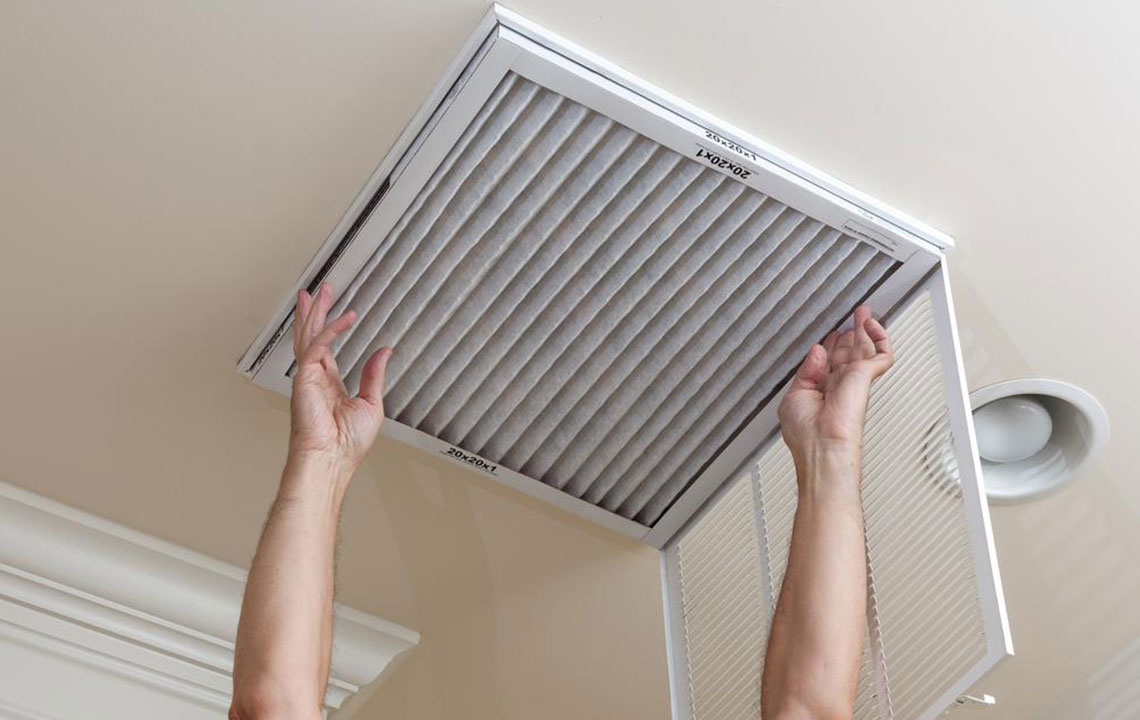
Maintaining a healthy and comfortable indoor environment hinges significantly on the efficiency of your HVAC system. Central to this efficiency are the air filters, which are designed to trap dust, allergens, bacteria, mold spores, pet dander, and various airborne particles. Over time, these filters accumulate debris and dirt, which hampers their ability to purify the air effectively. Failing to replace your HVAC filters regularly can lead to numerous issues, including poor indoor air quality, increased energy consumption, and accelerated wear on your HVAC system components. In this comprehensive article, we will explore the critical reasons why consistent replacement of HVAC filters is essential for both health and equipment longevity, along with practical tips on choosing the right filters and maintenance schedules.
Understanding the Role of HVAC Air Filters
HVAC air filters serve as a frontline defense against indoor pollutants. They capture microscopic particles that can cause allergies, respiratory problems, and other health issues. Good filters not only improve indoor air quality but also enhance the efficiency of your heating and cooling systems. A clean filter ensures unobstructed airflow, enabling the HVAC unit to operate smoothly and efficiently. Conversely, when filters become clogged, the system faces higher resistance, leading to increased energy use, potential overheating, and mechanical strain.
Why Regular Replacement of HVAC Filters Is Crucial
1. Maintaining Superior Indoor Air Quality
The primary function of air filters is to provide a healthy indoor environment by removing airborne contaminants. Over time, filters trap pollutants and particulate matter, but as they fill up, their filtering capacity diminishes. A dirty filter can no longer effectively trap airborne germs, dust mites, pet dander, mold spores, and other allergens. This leads to poorer air quality, which can aggravate allergies, asthma, and other respiratory conditions. Regular filter replacements ensure that your indoor air remains fresh, clean, and safe for all inhabitants.
2. Boosting HVAC System Efficiency
An unclean filter creates significant airflow resistance within the HVAC system. When the filter becomes clogged, the system has to work harder to circulate air through the ductwork. This extra effort results in reduced airflow, causing the system to operate less efficiently. Consequently, the system consumes more energy to maintain the desired temperature. Studies have shown that replacing filters regularly can cut energy costs by approximately 10%, leading to noticeable savings on utility bills. Improved efficiency not only saves money but also reduces the environmental footprint of your household or business.
3. Extending the Lifespan of Your HVAC Equipment
Over time, the strain caused by dirty filters can cause significant wear and tear on your heating and cooling equipment. Components such as motors, fans, and compressors have to work harder when airflow is restricted, increasing the risk of overheating and premature failure. Regular filter maintenance prevents these issues by allowing your HVAC system to operate under optimal conditions. This proactive approach can extend the lifespan of your system by several years, reducing costly repairs or the need for early replacements.
Selecting the Right HVAC Filters
Choosing the appropriate filter is crucial for maximizing indoor air quality and system performance. Filters come in various types and MERV (Minimum Efficiency Reporting Value) ratings, indicating their efficiency level. For homes with allergy sufferers or pets, higher-rated filters can trap smaller particles, although they may require your system to work harder. Conversely, lower-rated filters may be sufficient for environments with less pollution. Consult with HVAC professionals to determine the best filter for your specific needs, considering factors like airflow, filtration efficiency, and compatibility with your system.
Frequency of Replacing HVAC Filters
The ideal replacement schedule can vary based on several factors such as filter type, household size, occupancy levels, presence of pets, and environmental conditions. As a general rule, HVAC filters should be checked every month and replaced every 1 to 3 months. During peak seasons such as winter and summer, when heating or cooling demands are highest, more frequent replacements may be necessary. Regular inspections help prevent reduced airflow and maintain system efficiency. For households with pets or allergy sufferers, replacing filters more frequently can provide additional health benefits.
Practical Tips for HVAC Filter Maintenance
Mark your calendar with reminders for regular filter checks and replacements.
Always use filters matching your HVAC system manufacturer’s specifications.
Upgrade to high-quality filters for better filtration and durability.
Keep an eye out for physical signs of a clogged filter, such as decreased airflow or increased noise.
Consider professional HVAC maintenance annually to ensure all components are functioning properly.
Conclusion
In conclusion, regularly replacing your HVAC air filters is a simple yet highly effective way to improve indoor air quality, reduce energy bills, and prolong the life of your heating and cooling equipment. Incorporating routine maintenance into your home or business care regimen safeguards your health, enhances comfort, and prevents costly repairs down the line. Make it a priority to check, replace, and upgrade your filters periodically to enjoy the benefits of a cleaner and more efficient indoor environment.
